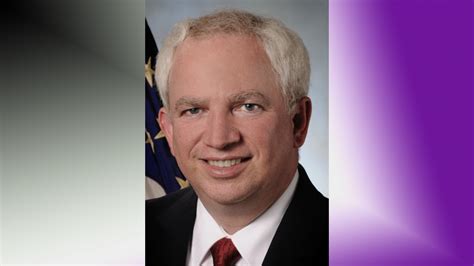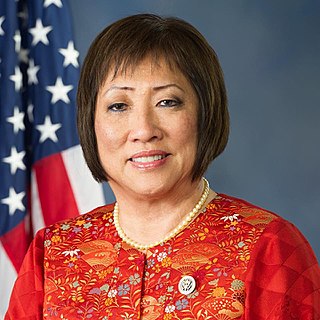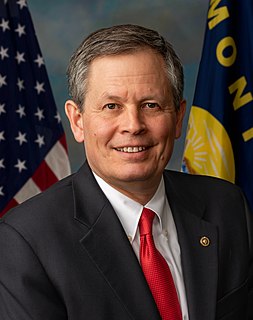A Quote by Langdon Brown Gilkey
The First Amendment is important not only to guarantee the rights of alternative religions and of nonreligious persons in society; it is also important in setting the only possible legal and social condition for the creative health of serious religion itself.
Related Quotes
Ethical globalization is possible if only we can hold governments and business accountable for respecting human rights, not just in the traditional political and legal realms, but in everything - health, education and the other social determinants of health - rights to food, safe water, sanitation and so on.
All religions are not the same. All religions do not point to God. All religions do not say that all religions are the same. At the heart of every religion is an uncompromising commitment to a particular way of defining who God is or is not and accordingly, of defining life's purpose.
Anyone who claims that all religions are the same betrays not only an ignorance of all religions but also a caricatured view of even the best-known ones. Every religion at its core is exclusive.
There is this fashionable progressive notion that everything is so completely political that the idea we could have some sort of neutral legal process is practically utopian - because we all know that the more money you have, the more rights you can exercise in this society. But I don't think that you deal with income inequality by limiting the First Amendment rights of affluent people. I'd rather see people screw around with the tax code to redistribute wealth a little bit than screw around with the First Amendment.
Equality, in a social sense, may be divided into that of condition, and that of rights. Equality of condition is incompatible with civilization, and is found only to exist in those communities that are but slightly removed from the savage state. In practice, it can only mean a common misery.
Equality of rights is a peculiar feature of democracies. These rights are properly divided into civil and political, though even these definitions are not to be taken as absolute, or as literally exact.
An important advance in the life of a people is the transformation of the religion of fear into the moral religion. But one must avoid the prejudice that regards the religions of primitive peoples as pure fear religions and those of the civilized races as pure moral religions. All are mixed forms, though the moral element predominates in the higher levels of social life. Common to all these types is the anthropomorphic character of the idea of God.
True religion has a universal quality. It does not find fault with other religions. False religions will find fault with other religions; they will say that theirs is the only valid religion and their prophet is the only saviour. But a true religion will feel that all the prophets are saviours of mankind.































